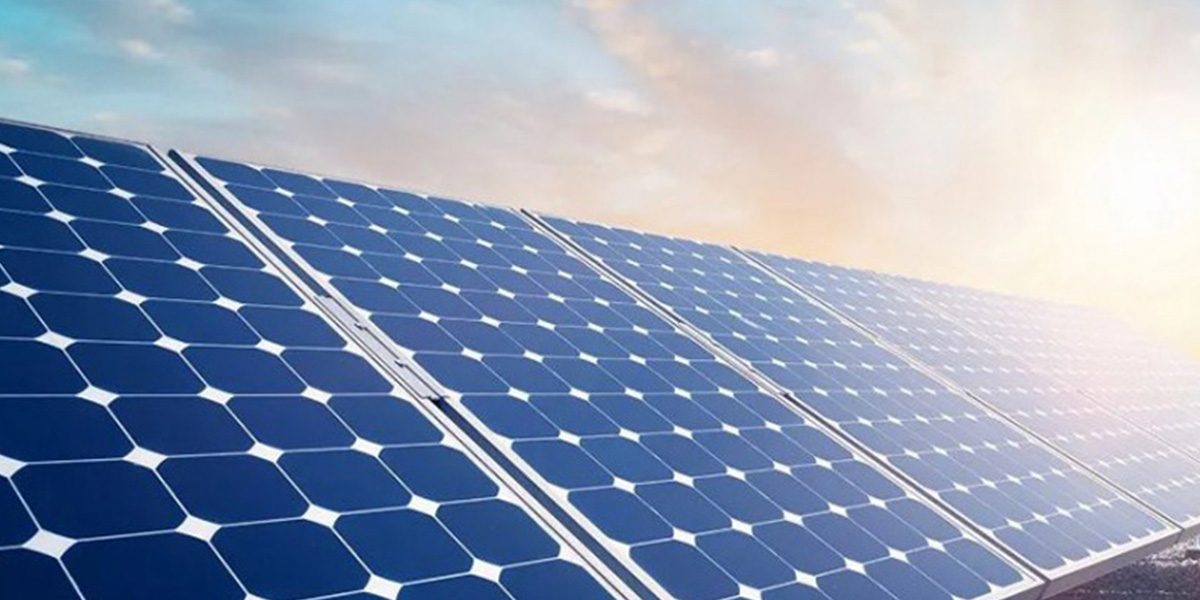Revised Content:
The European Union reached a political agreement on March 30 to significantly expand renewable energy use by 2030, a crucial step in combating climate change and reducing dependence on Russian fossil fuels, as reported by Reuters.

The agreement mandates an 11.7% reduction in final energy consumption across the EU by 2030. Legislators state this will aid climate efforts and diminish Europe's reliance on Russian fossil fuels.
Markus Piper, Member of the European Parliament, confirmed via Twitter that EU countries and Parliament agreed to raise the renewable energy share in total final consumption from 32% currently to 42.5% by 2030. Formal approval by the European Parliament and EU member states is still required.

Background & Context
This development follows the EU's July 2021 "Fit for 55" package (committing to reduce greenhouse gas emissions by at least 55% by 2030 vs. 1990 levels), where increasing renewables was a key component. Geopolitical shifts since late 2021, particularly the Russia-Ukraine conflict, created major energy supply issues. Accelerating renewable deployment remains the EU's primary strategy to achieve energy independence from Russia by 2030 while supporting post-pandemic economic recovery.
Key Statement
"Renewable energy is key to Europe’s goal of climate neutrality and will help ensure our long-term energy sovereignty," stated Kadri Simson, EU Commissioner for Energy. "This agreement provides investor certainty and reaffirms the EU’s global leadership in renewable deployment and the clean energy transition."

Current Landscape & Challenges
In 2021, renewables comprised 22% of EU energy, with significant national disparities: Sweden led at 63%, while the Netherlands, Ireland, and Luxembourg each sourced under 13% from renewables.
Meeting the Target
Achieving the new goal requires massive investment in wind/solar farms, expanded renewable gas production, and power grid reinforcement. The European Commission estimates an additional €113 billion investment in renewable and hydrogen infrastructure by 2030 is needed to fully eliminate dependence on Russian fossil fuels.
leave a message
Scan to wechat :
